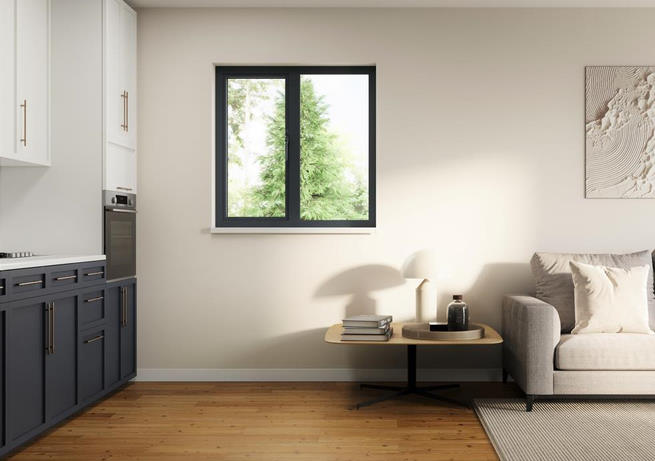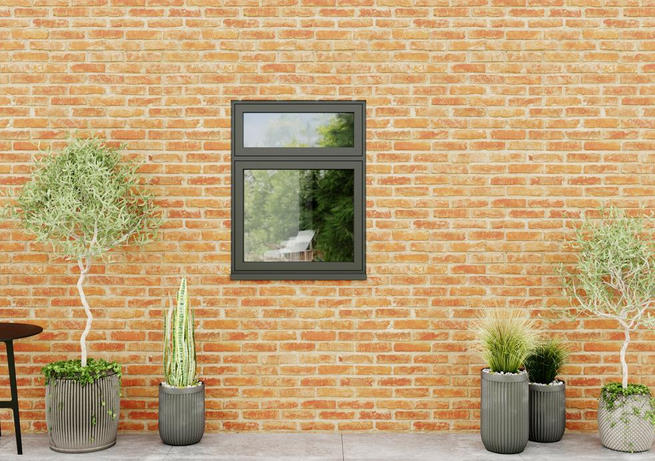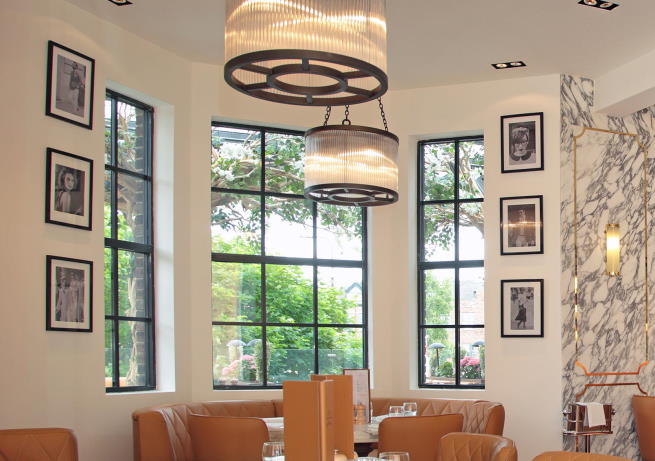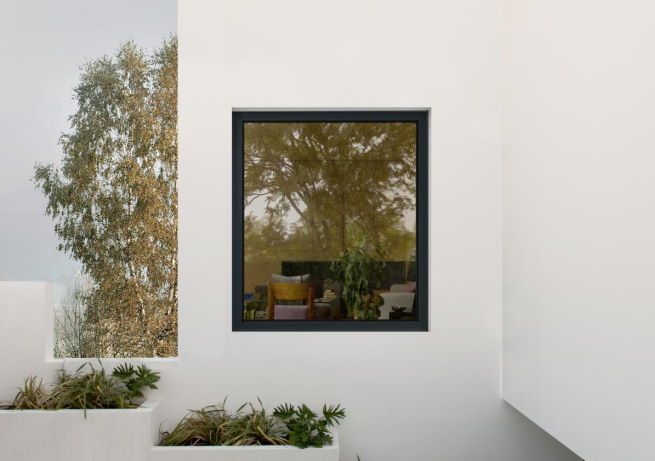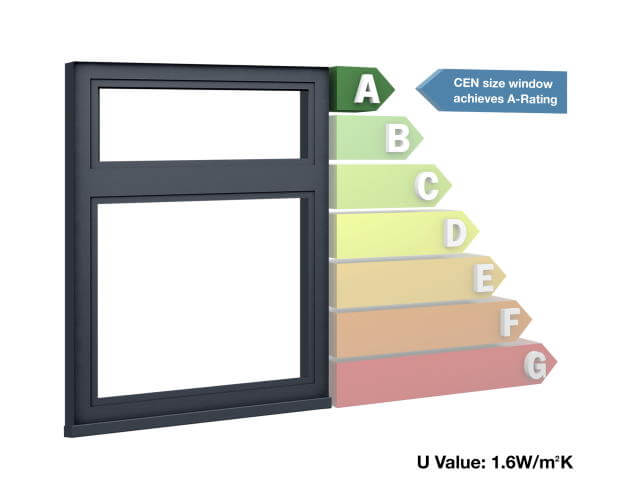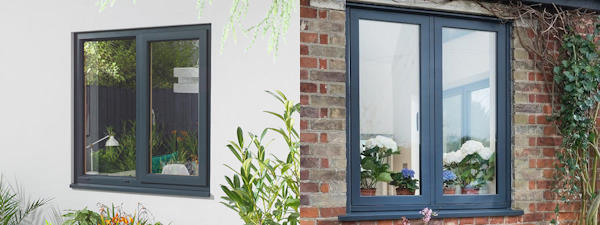The Aluminium Window range is manufactured in the UK with the same high standards as our aluminium bifold doors and French Doors. Whether you are looking for a casement window, flush casement window, urban casement window, or tilt and turn window – all of our aluminium windows offer exceptional energy efficiency. We offer both double glazed aluminium windows and laminated security glazed windows.
Fully bespoke, you can choose from a range of colours, sizes, and more. Offering a 15-year guarantee, you can enjoy peace of mind that you will be provided with the best customer service experience possible.
Are you looking for new bifold doors to go with your aluminium windows?
Read our guide to choosing aluminium bifold doors here, or shop our aluminium bifold range.
Technical Information
- Guarantee - 15 years. Read more about our guarantee offerings here.
- Installation - Pre glazed for easy installation. Visit our installation guides.
- Energy efficient to keep your house warm.
- Glazing - Double glazed or laminated security glazed.
- Standard aluminium window frame colours - Grey, White, Black.
- Bespoke aluminium windows - available in all shapes, sizes, and colours. Contact us for a quote.
Are you unsure which window material to choose?
Find out more about our uPVC windows
